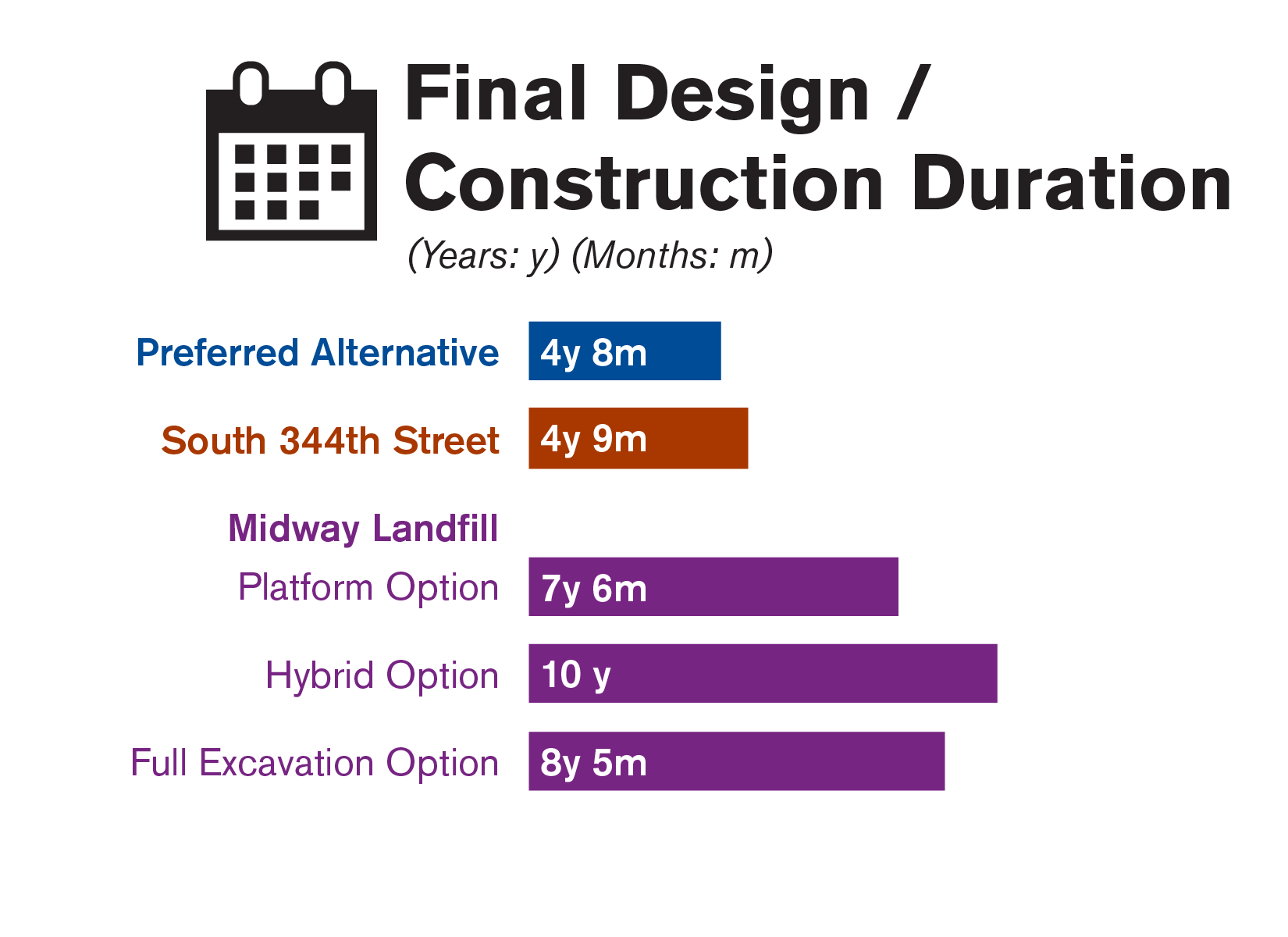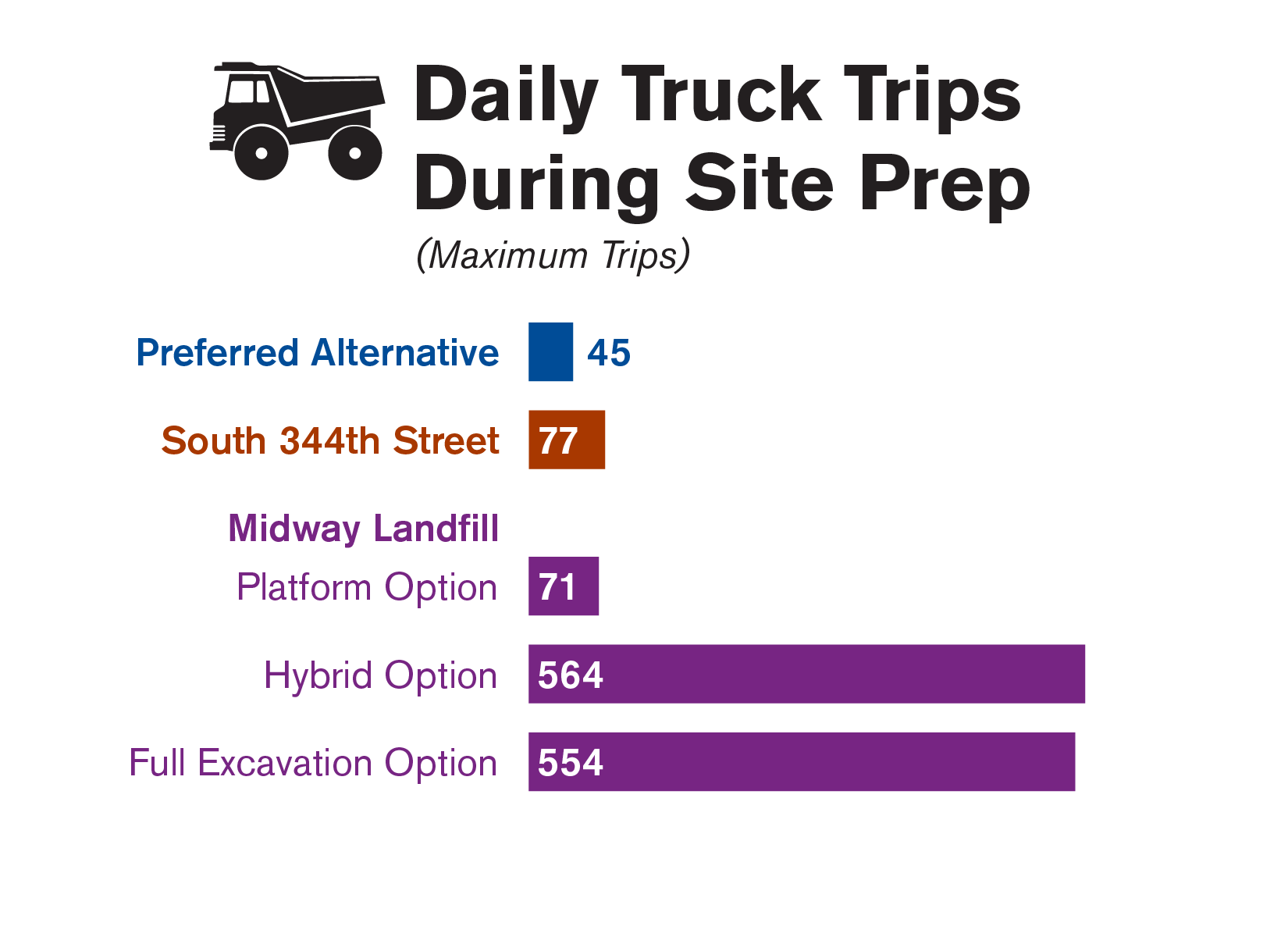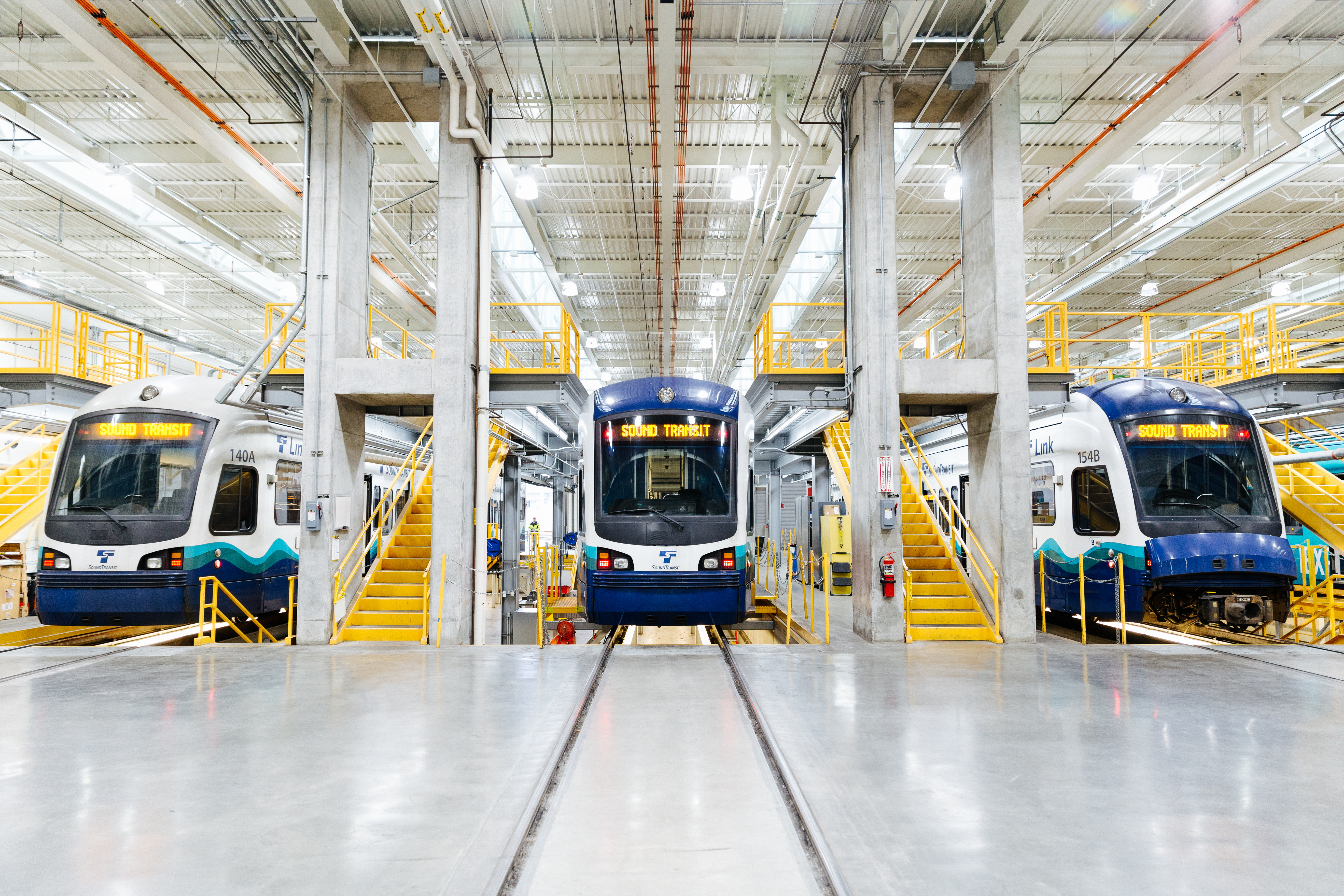Sound Transit and the Federal Transit Administration (FTA) have published a joint NEPA/SEPA Final EIS for the OMF South project after holding public comment periods for the 2021 State Environmental Policy Act (SEPA) Draft Environmental Impact Statement (EIS) and 2023 National Environmental Policy Act (NEPA) Draft/SEPA Supplemental Draft EIS. The Final EIS responds to all substantive comments from both Draft EIS comment periods.
To find your comment and the associated response, please visit the Final EIS documents webpage, navigate to Appendix L, and click the document that corresponds to you. There will be separate documents for those identified as an agency, business, community organization, or individual.
If you provided your name or organization name with your comment, you can find your comment by finding your name in the index or:
November 2016: Voter approval
Voters approved 118 miles of Link light rail, including two new OMFs—one in the north corridor and
another in the South Sound—to serve the growing light rail system.
Mid to late 2018: Initial community idea gathering and evaluation
After receiving community input during the early scoping outreach period in April 2018, Sound Transit named 24 potential OMF South sites for further analysis. After initial screening, we reduced the number of possible sites to 20. We assessed these 20 sites with a robust list of evaluation criteria, including project schedule, long-term facility planning, operational requirements, environmental impacts, and engineering risks, among other standards.
February to April 2019: SEPA Scoping
Based on the results of the detailed screening, we selected six sites in Kent and Federal Way for further consideration. The public had the opportunity to share their thoughts on the six potential sites, as well as the OMF South project Purpose and Need Statement and environmental resources to evaluate in the Draft EIS during the scoping comment period under the SEPA.
May 2019: Sound Transit Board action
After reviewing community feedback gathered during scoping and the thorough evaluation on the six potential sites, the Sound Transit Board identified three sites for further study in the Draft EIS:
- Midway Landfill alternative (Kent)
- South 336th Street alternative (Federal Way)
- South 344th Street alternative (Federal Way)
Summer 2019 to 2021: SEPA Draft EIS
Sound Transit prepared a Draft EIS under SEPA to share findings with tribes, agency and jurisdictional
partners, social service and cultural organizations, and the public. We published the SEPA Draft EIS in
2021 and held a public comment period (engagement summary,
comment summary).
December 2021: Sound Transit Board identified a preferred alternative
After the SEPA Draft EIS comment period, the Sound Transit Board considered the SEPA Draft EIS analysis
and comments received and then identified the South 336th Street site in Federal Way as the preferred
alternative, with all three sites still to be evaluated in a Final EIS.
December 2021 to July 2023: Project refinements
After the Sound Transit Board identified the South 336th Street site in Federal Way as the preferred
alternative, we completed additional fieldwork activities and environmental analysis.
Additional site refinements were made to the preferred and South 334th Street alternatives.
September to November 2023: NEPA Draft/SEPA Supplemental Draft EIS
The Federal Transit Administration (FTA) and Sound Transit published a NEPA Draft/SEPA Supplemental Draft EIS that evaluated the same three alternatives as the 2021 SEPA Draft EIS with the design refinements. Sound Transit shared the Draft EIS with tribes, agency and jurisdictional partners, and the public through a 45-day public comment period (engagement summary, comment summary).
We are here: Draft EIS
Sound Transit reviewed and responded to substantive comments received on the 2021 and 2023 Draft EIS comment periods and has published the Final EIS. The Sound Transit Board will select the project to be built as soon as June 27. After that, FTA will issue a Record of Decision to conclude the environmental review process.


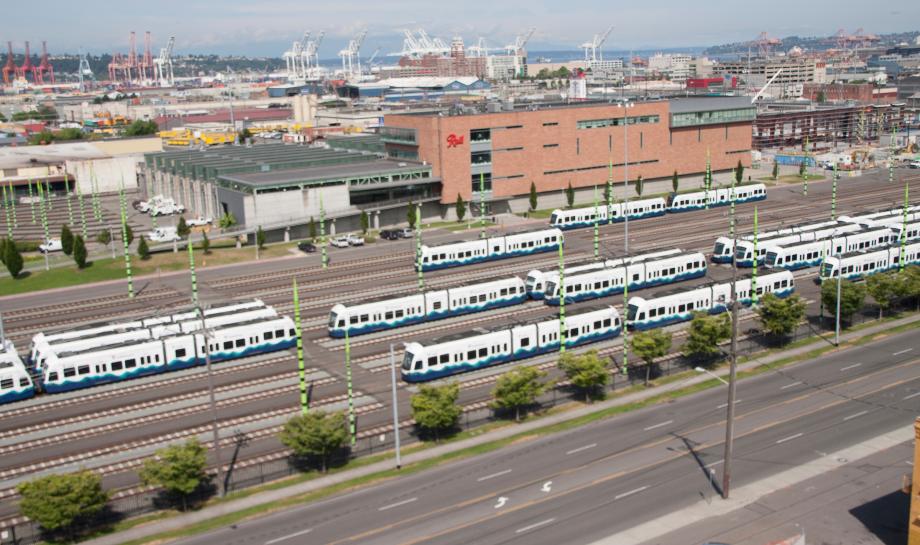
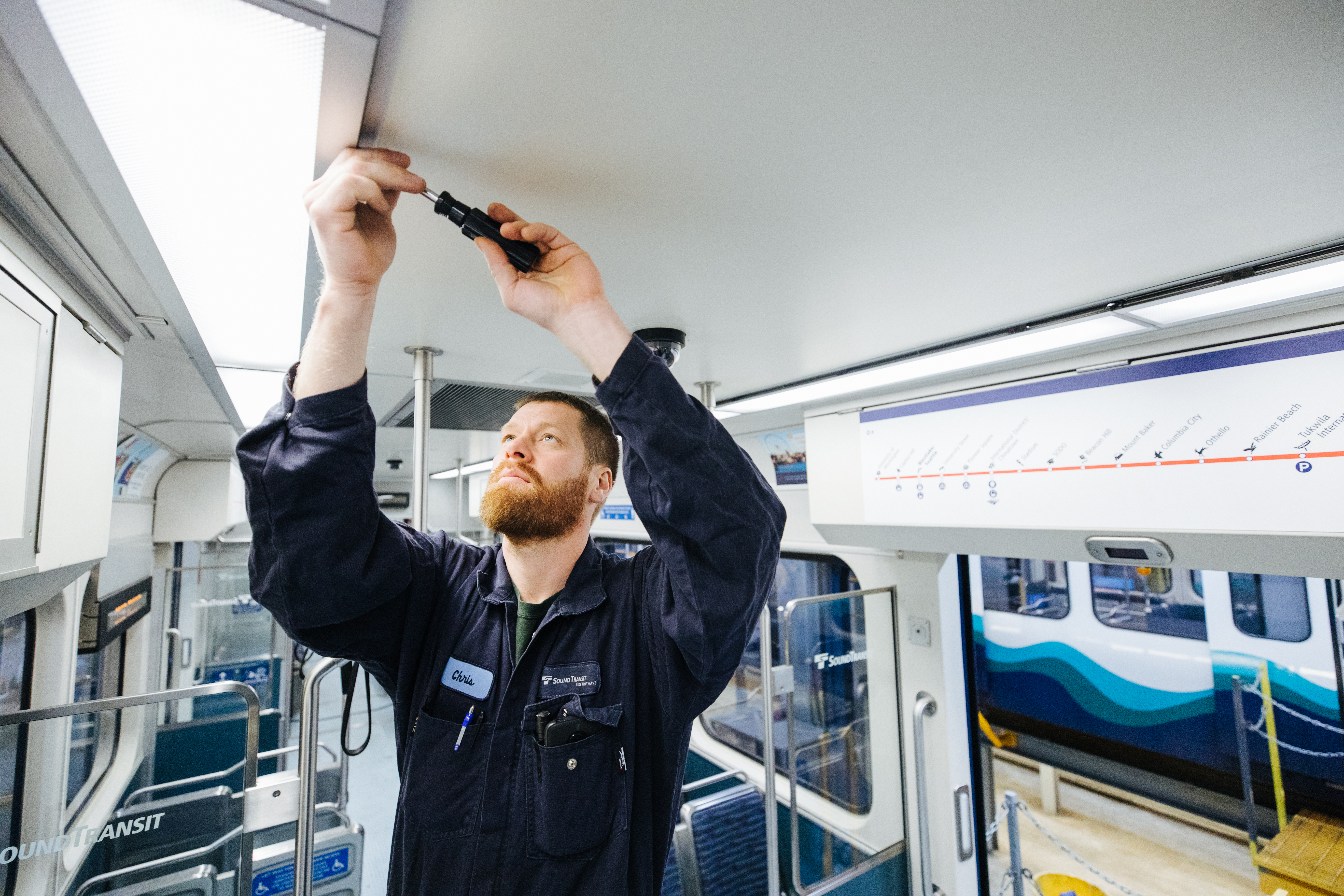
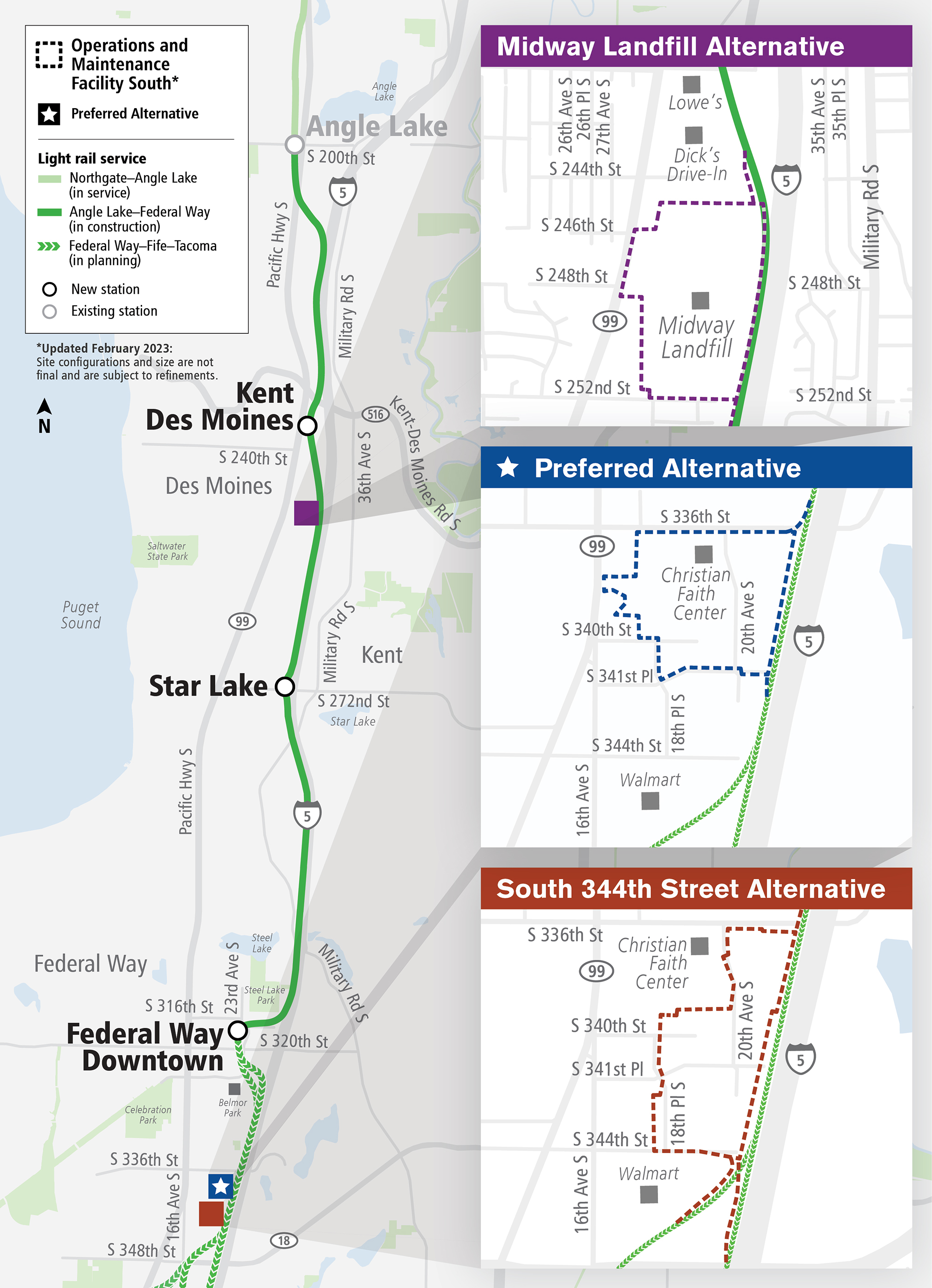
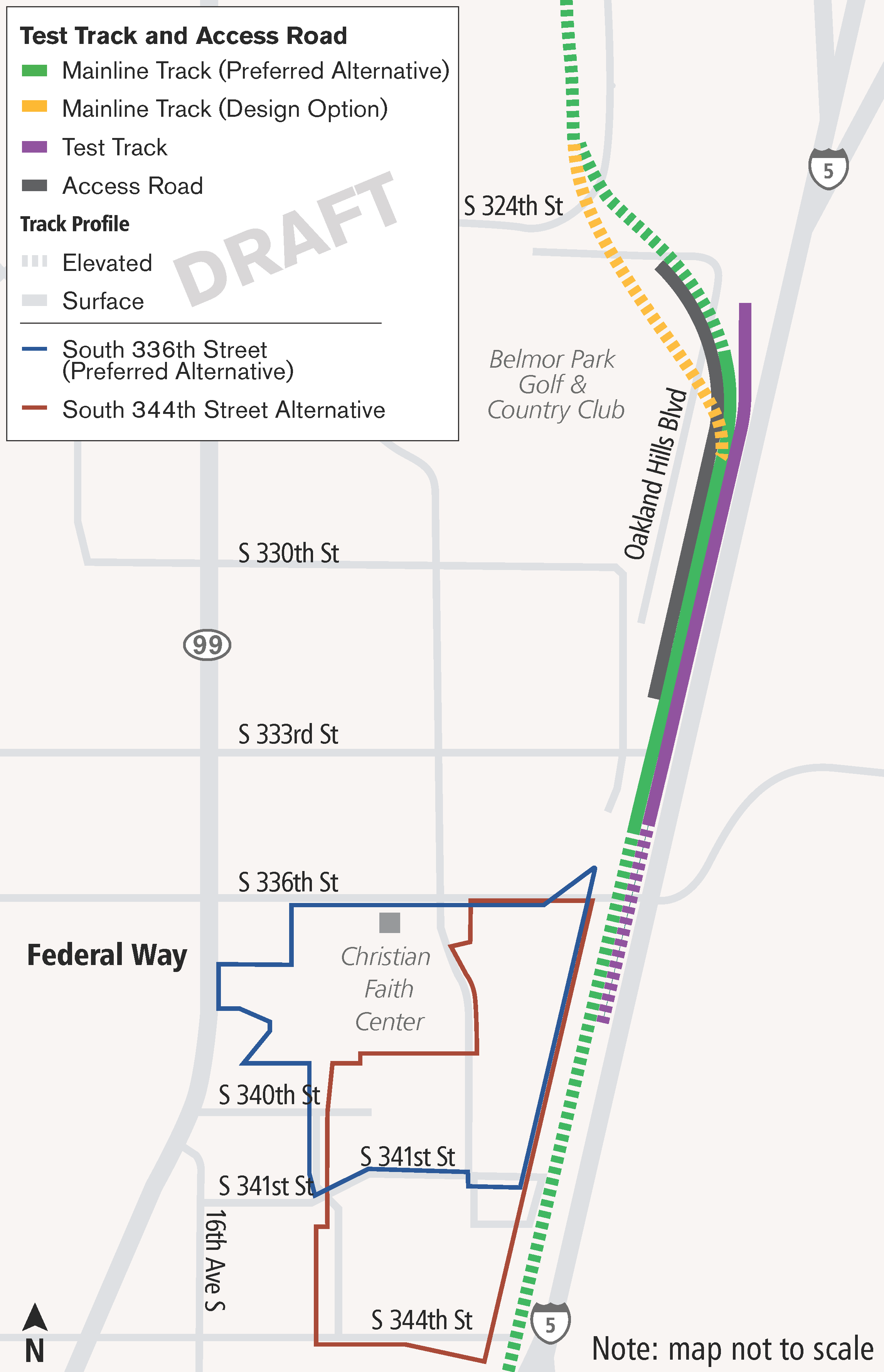
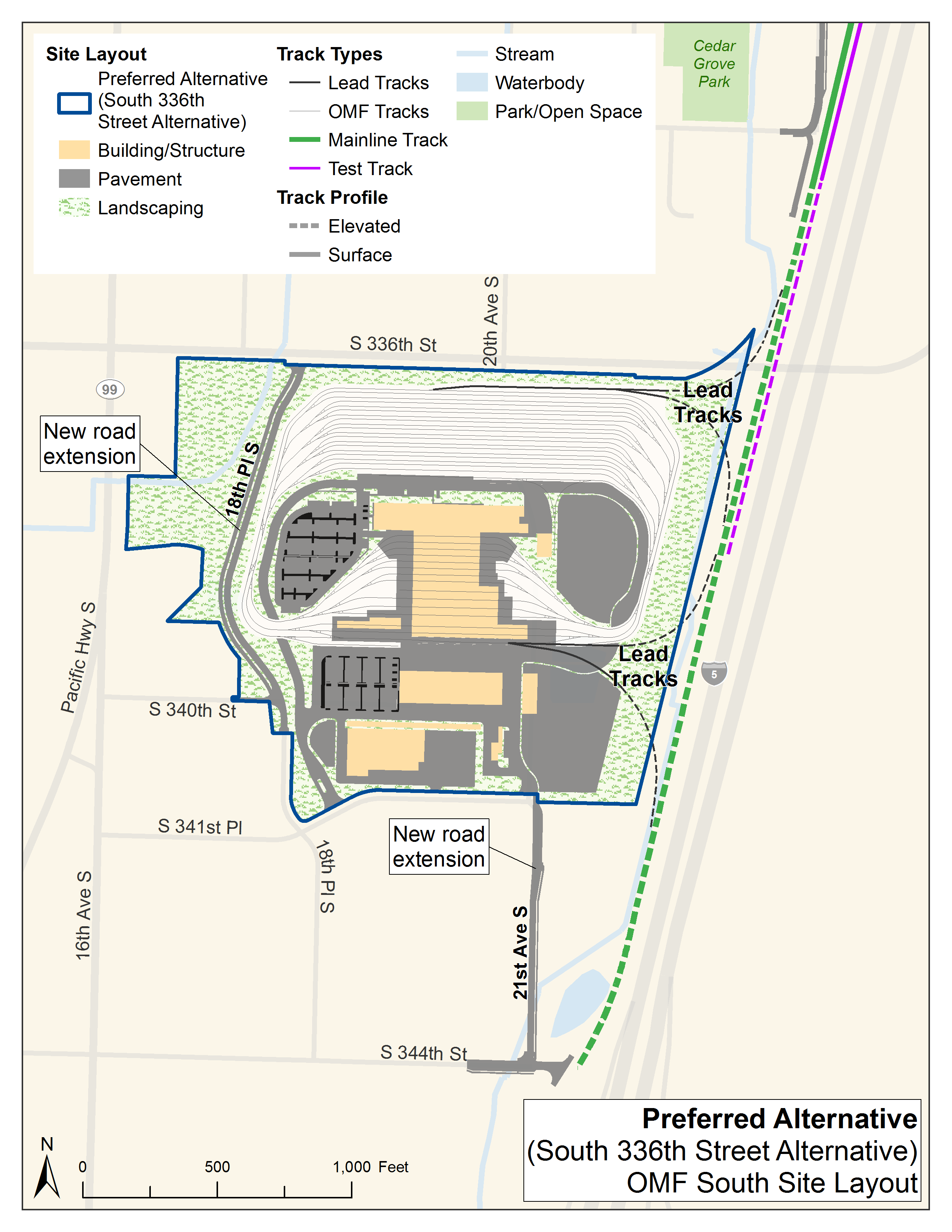
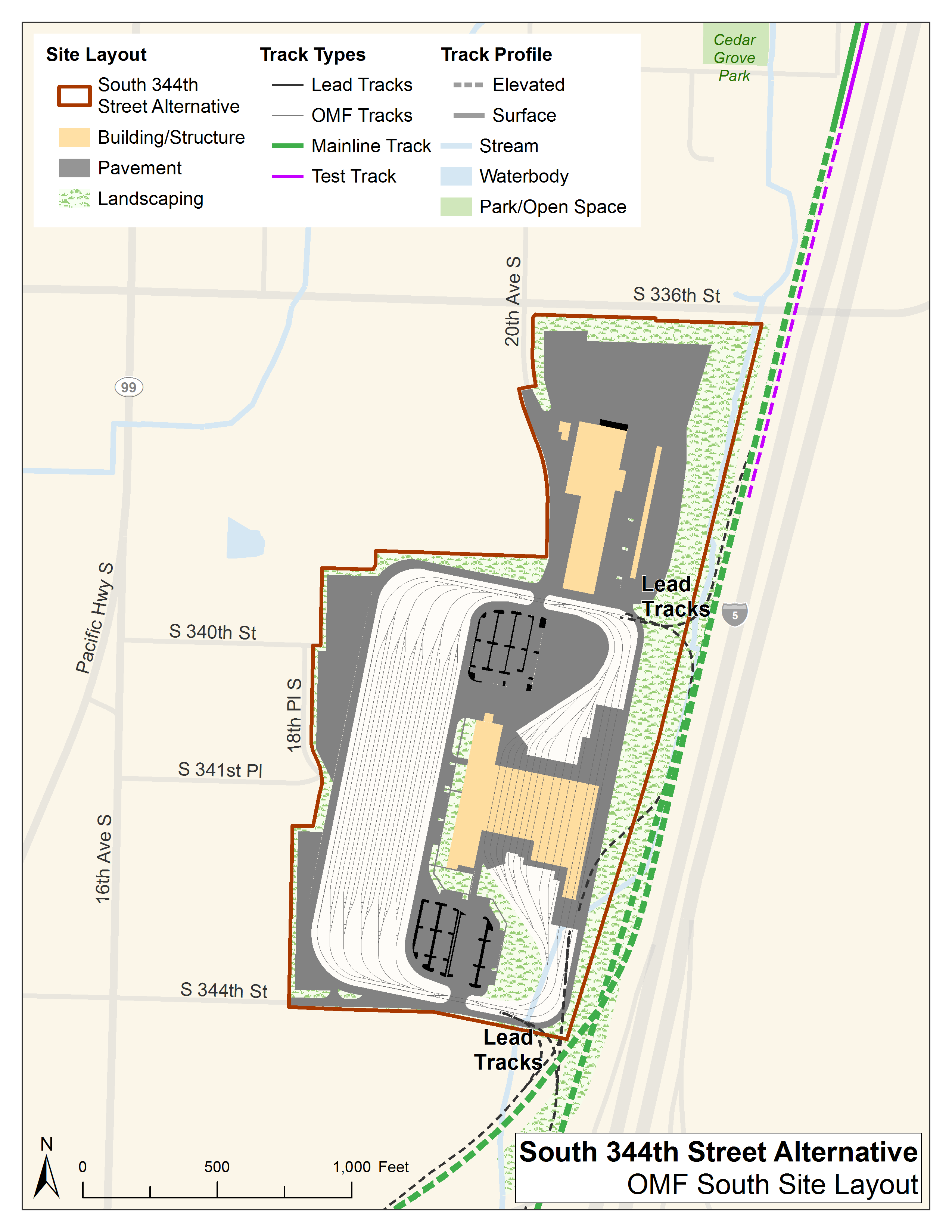
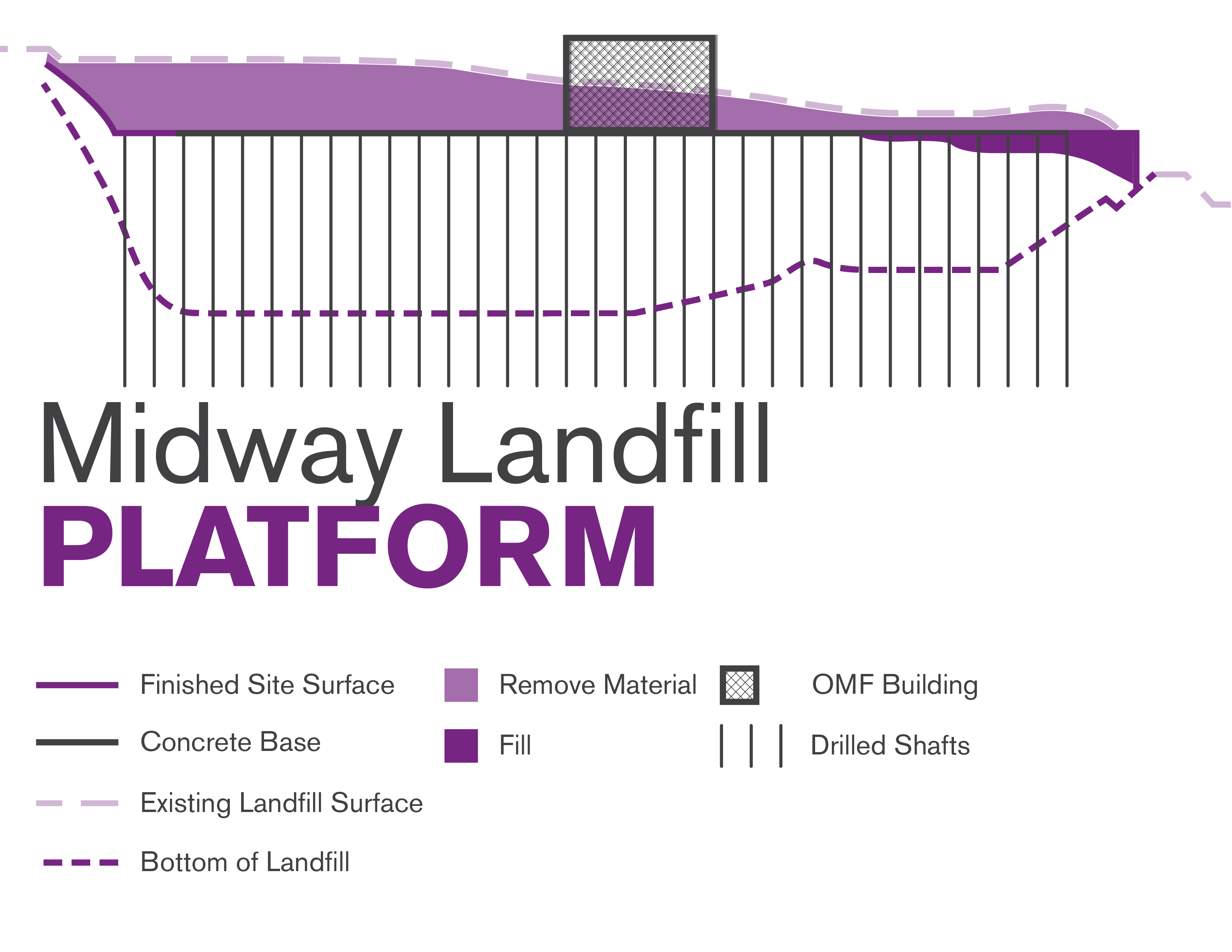
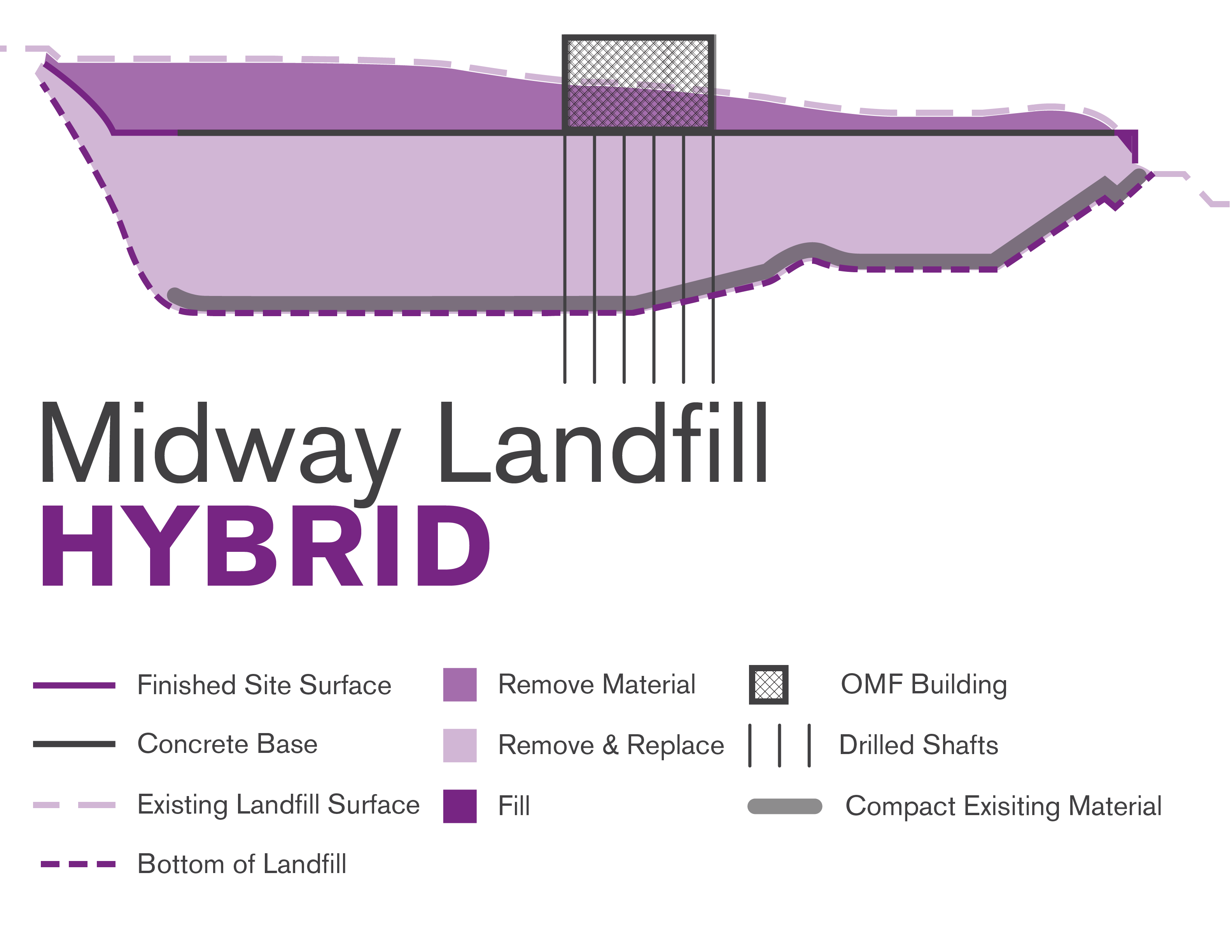
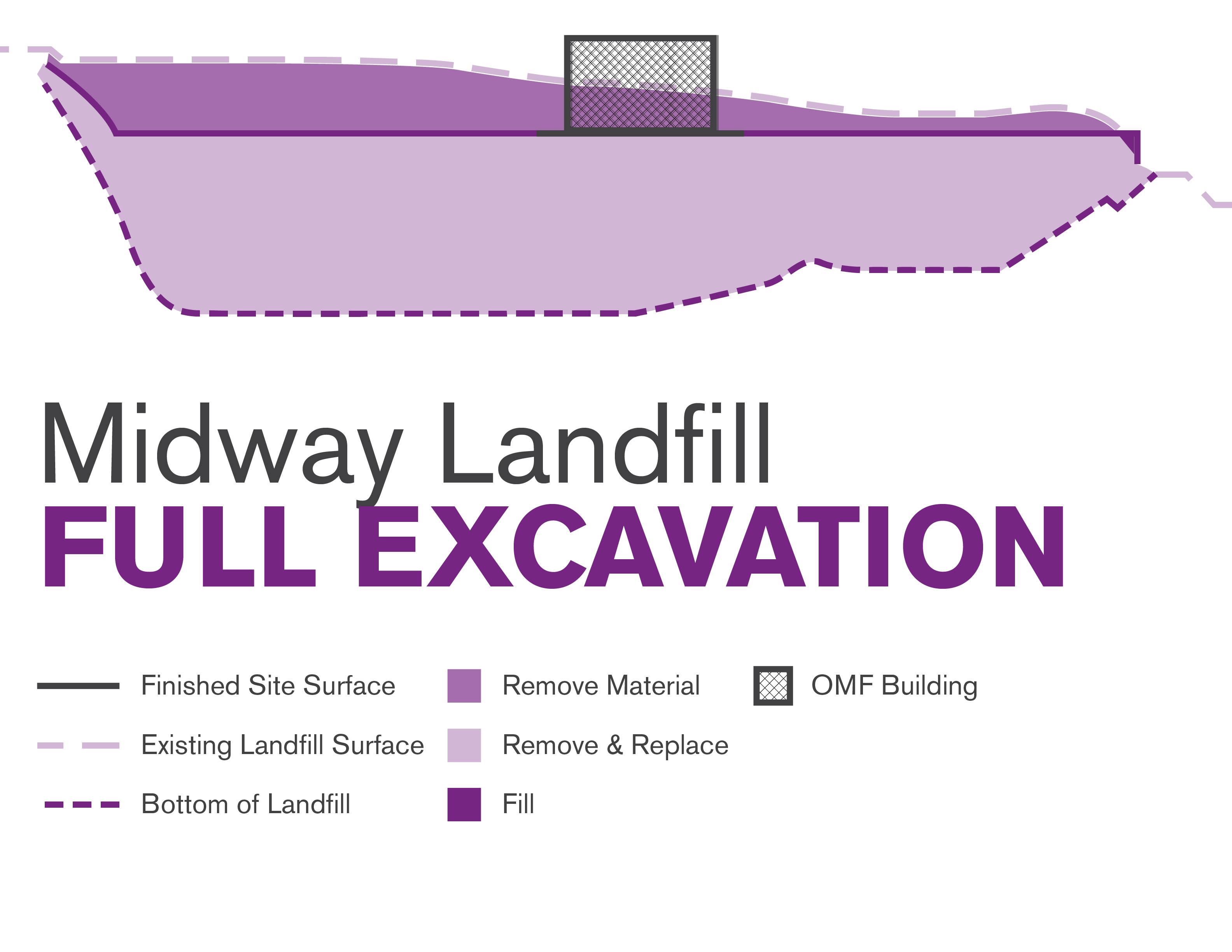
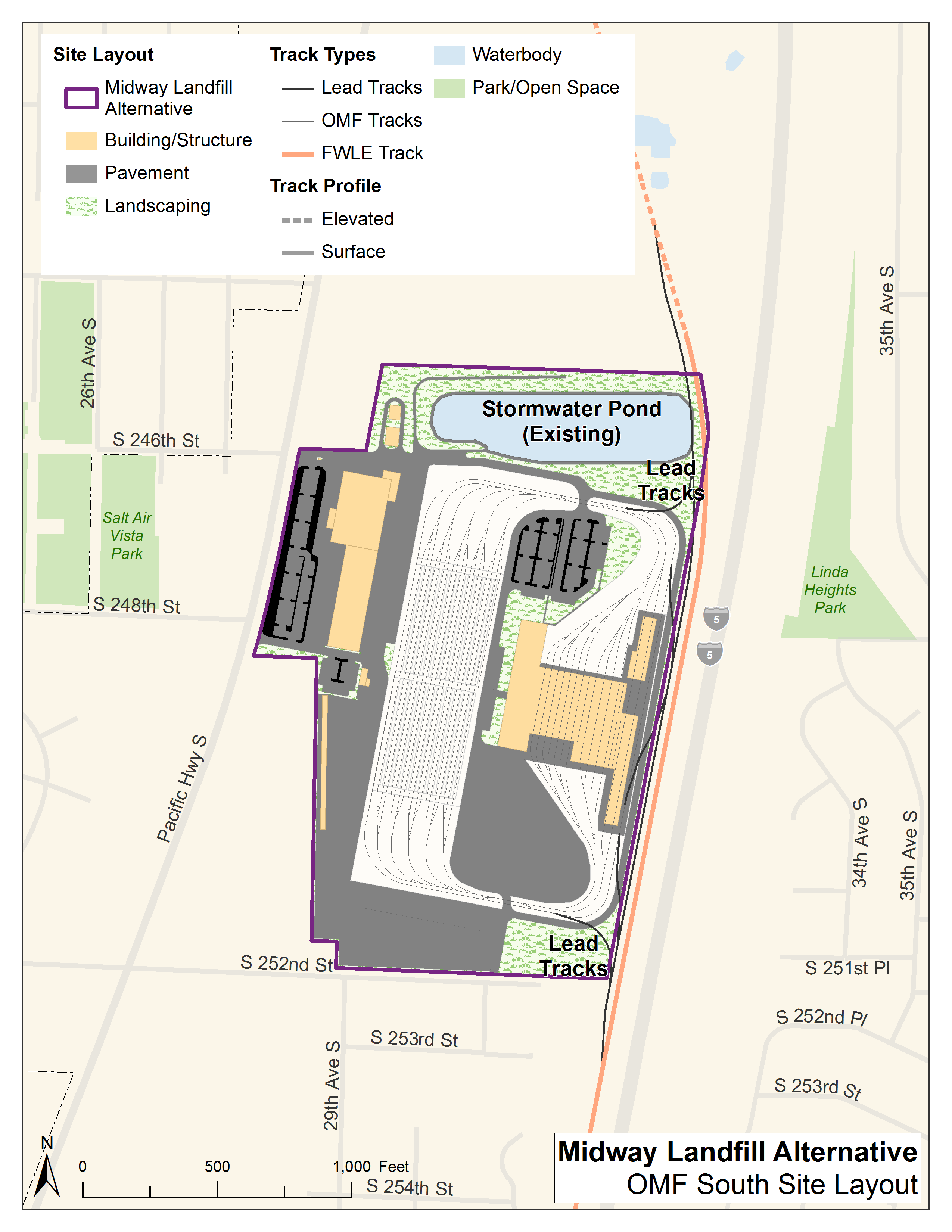


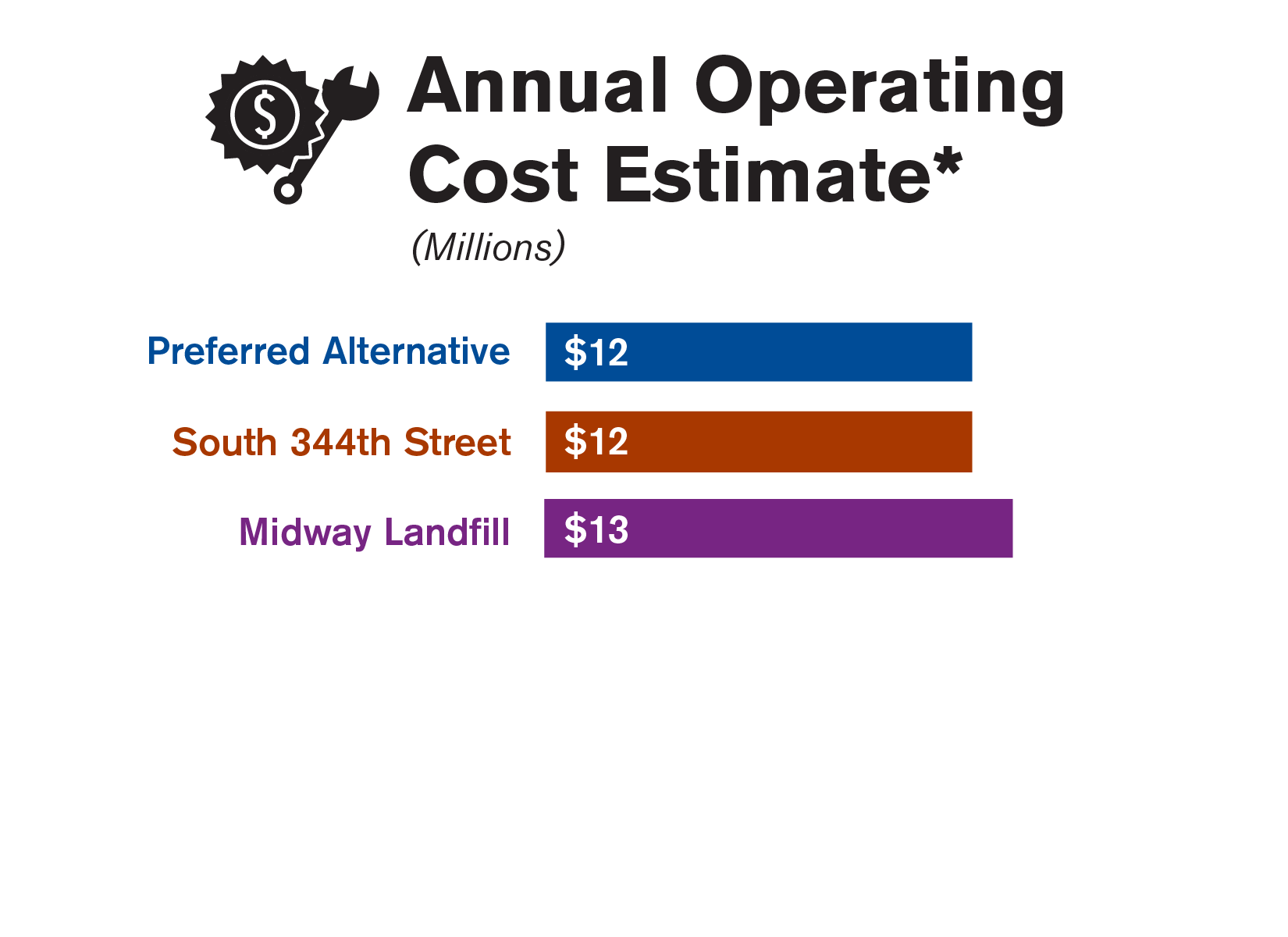
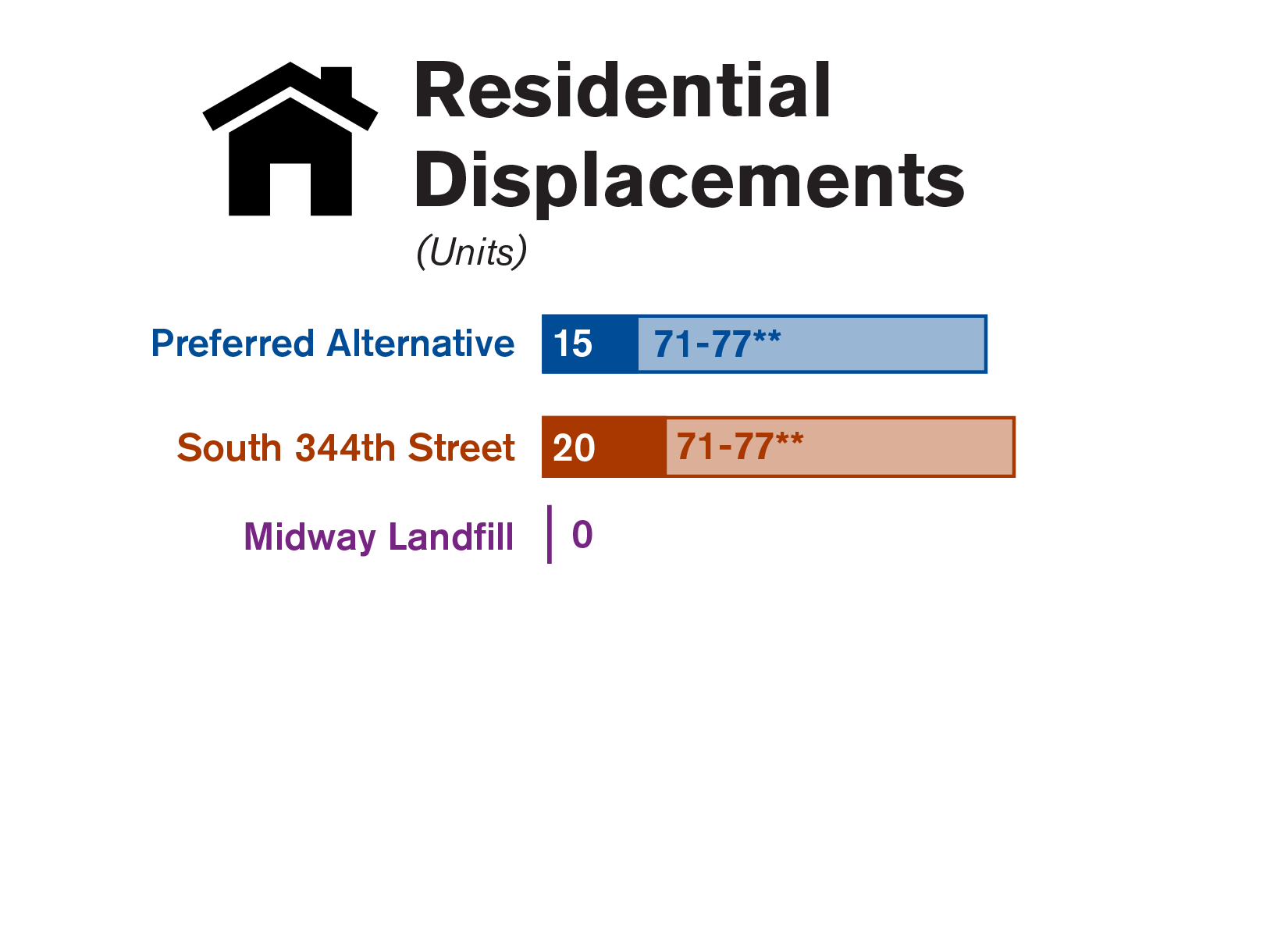



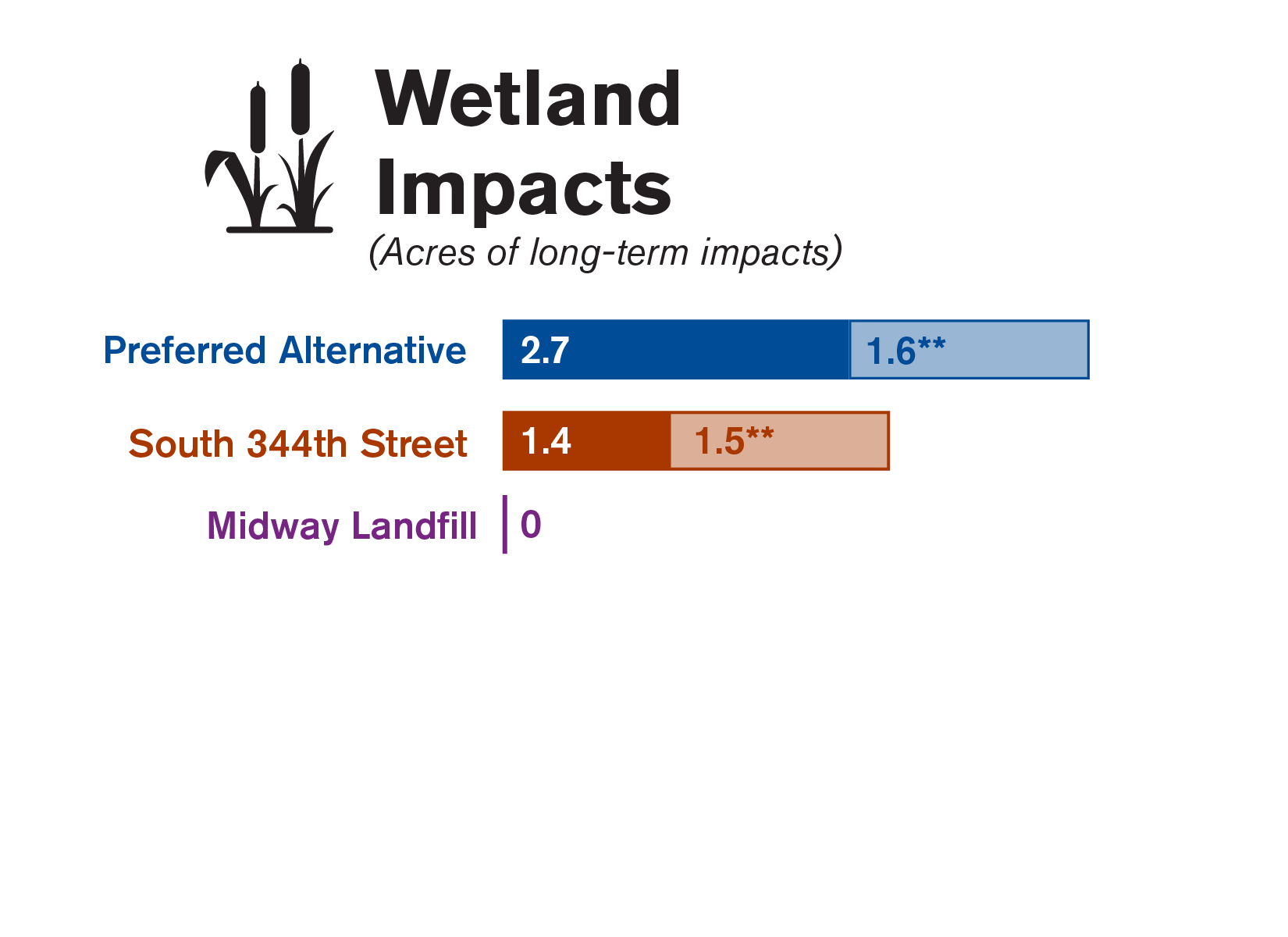
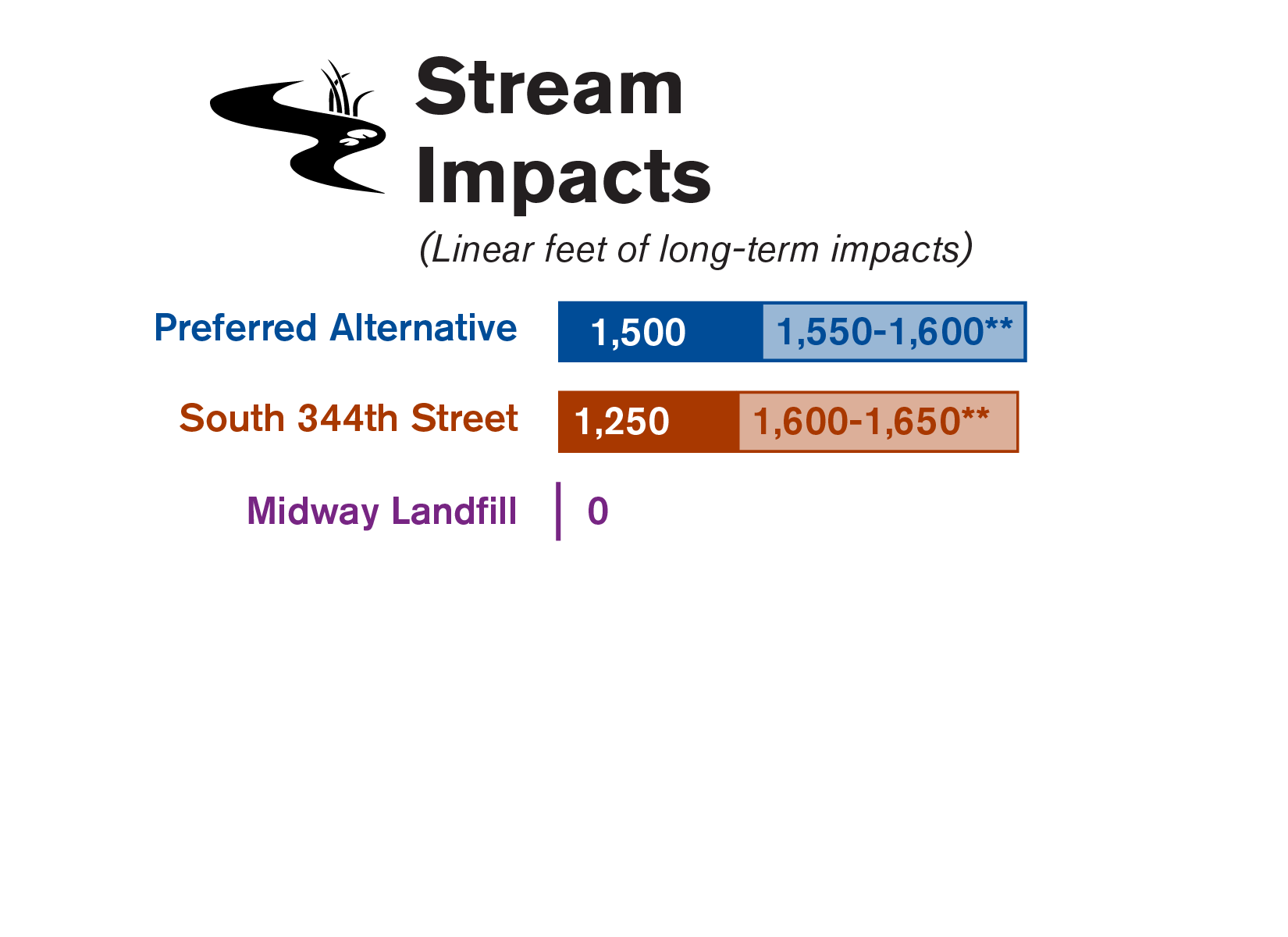
.png)
